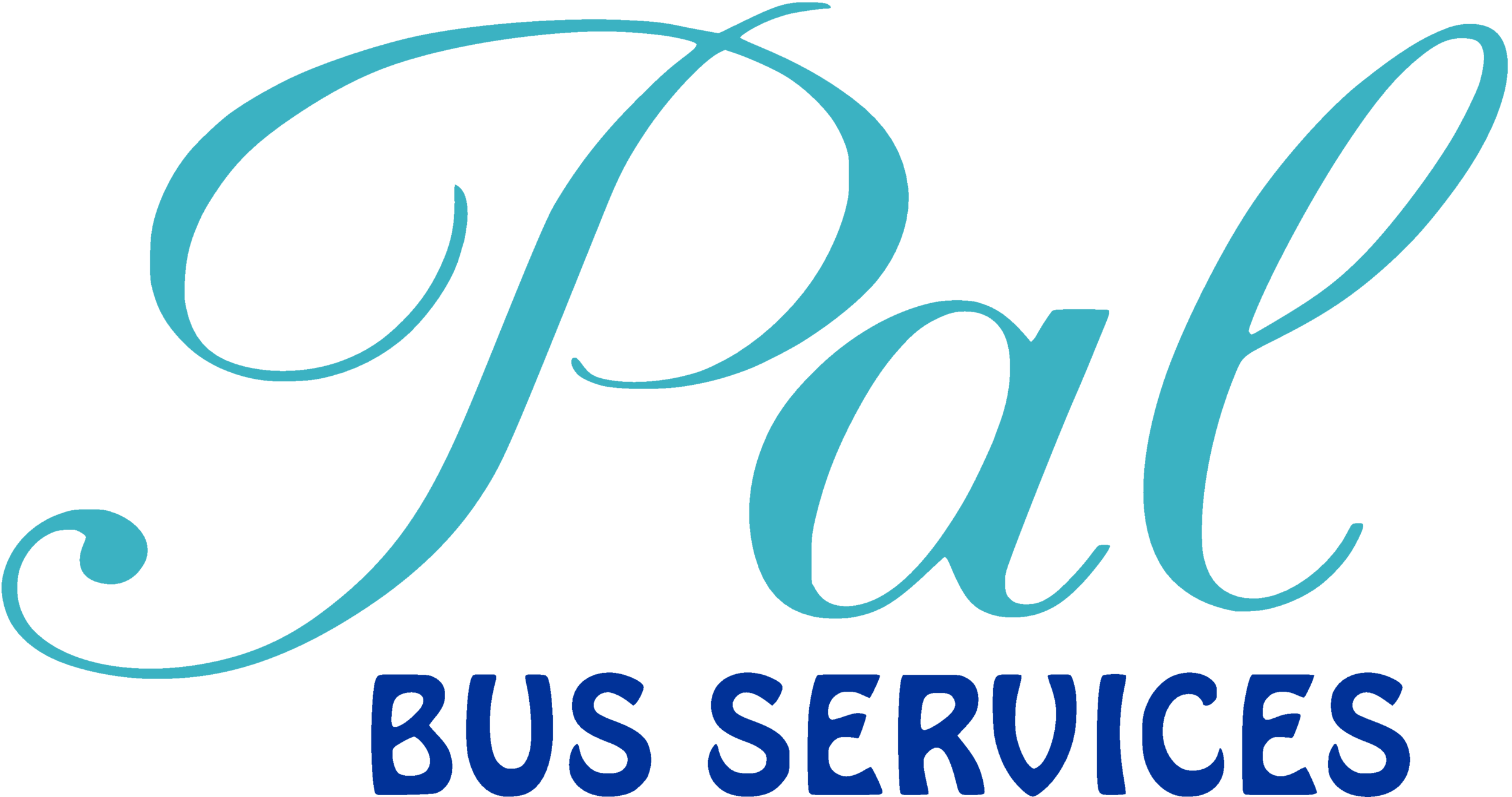It’s a small Business World
A Mpumalanga couple run a successful business that’s both white-owned and empowerment-compliant.
Sonya and George met at teachers’ training college. They work at the same bus company (which they own). They’re both 39 years old; George Didloff is the older by exactly one day.
Outside of work they do everything together. Recently George got his private pilot’s licence and now Sonya is planning to get hers, so that they can share the flying and be together all of the time, even in the air. Their sons are 13 and 11. The younger one, Shane, reckons he wants to be a professional rugby player and “a bus man”, while his elder brother, Dean, is showing signs of becoming some kind of scientist.
In Mpumalanga for a few days and I’ve interviewed five entre- preneurs, four of them women, three of them black and two of them white. All five are in business with their spouses. And they’re all very religious. There is almost a mantra about these people, which Sonya neatly enunciates: “God on top, then family, then the business.”
Eighty percent of all small businesses in South Africa are family affairs, and that usually means wives and husbands working together.
My wife is a very experienced, clever journalist with specialist skills that are in great demand. Every couple of months someone at my company, aware that our children are recently out of nappies, broaches the subject with me of “what Hilary’s doing with her time”.
I know what they’re up to: angling for me to ask her about taking over some specific task somewhere in the company. My response is always the same: “Over my dead body.” I can think of nothing worse than working with my wife but a lot of people, it seems, would beg to differ.
The Didloffs’ Witbank-based business is called PAL and Sons Bus Services cc. It buses workers and schoolchildren to work and school every day. Big clients are the mines, while the department of education is obviously a key account. On weekends the business’s 40- strong fleet (the biggest Volkswagen bus fleet in the country) is contracted for things like funerals and school trips to Joburg.
Broad-based black economic empowerment (BBBEE) has been looming large over this Afrikaner- owned business for some time.
The Didloffs’ plan to keep PAL and Sons (although it’s down to one son since George’s brother sold out to go into sports bars) in the family. (The name comes from the initials of George’s grandfather, Petrus Albertus Loggerenberg.) It’s not that the Didloffs don’t want black people — or even other white people — to own their business; they just like the idea of keeping it in the family, hopefully for their sons and maybe for their sons’ sons and daughters. Which is fair enough.
But what to do about this BBBEE spectre?
Vivacious Sonya shows me something I’ve written plenty about but which I’d never actually seen before: an audited BBBEE certificate. In terms of BBBEE, PAL and Sons is what is known as a qualifying small enterprise, with a turnover of under R5-million (but they must be getting pretty close to it.)
Pretty voor op die wa (boldly), they got a consultancy in Nelspruit to audit their business in terms of its BBBEE-ness. The process cost them R4000 and “a couple days” of Sonya’s time.
There it is in black and white: employment equity 17.04points; skills development 15.00points, preferential procurement 13.55, enterprise development 11.74 and “residual element” 13.72.
Obviously the Didloffs were going to get bugger all for ownership but their numbers in five of the seven categories were enough to give them a Level 3 overall rating.
Enough to satisfy the BBBEE requirements of their customers and to keep them in business.
Under the last two elements, for instance, the Didloffs have sponsored a couple of Witbank athletes to take part in the Comrades Marathon, and they’ve recently outsourced their wash-bay function to a black-owned business; not just handed over the work but invested heavily in training and mentoring the new business owner.
They also get big points because their fleet manager and all their supervisors are black, senior people with meaningful stakes in the business.
Theirs is a viable, white-owned but BBBEE-compliant business that will hopefully stay in the family. At least until Dean goes to MIT and Shane turns out for the Blou Bulle.
Delmar occasionally trawls Witbank and other interesting places for stories for It’s My Business, the twice-monthly small-business supplement in the Sunday Times
- Peter Delmar
